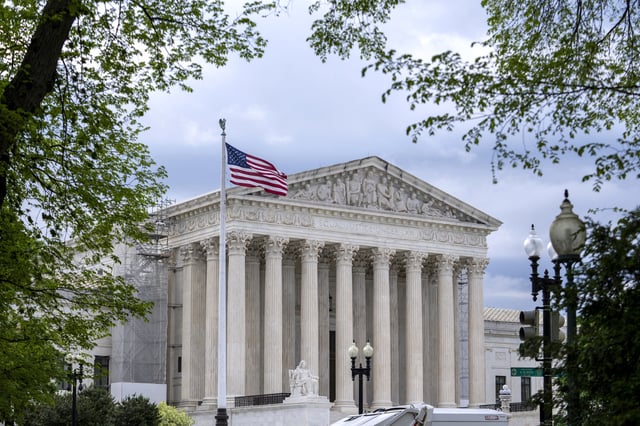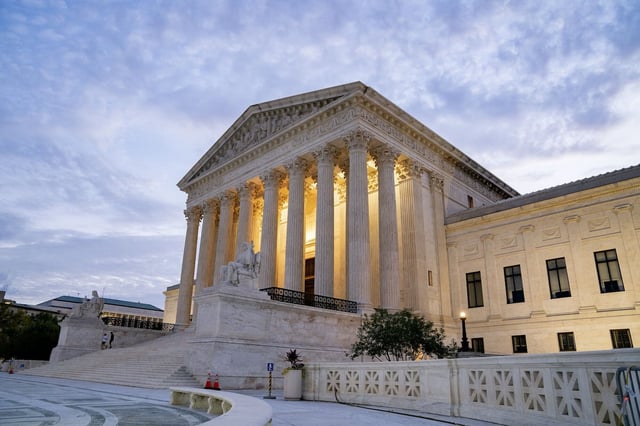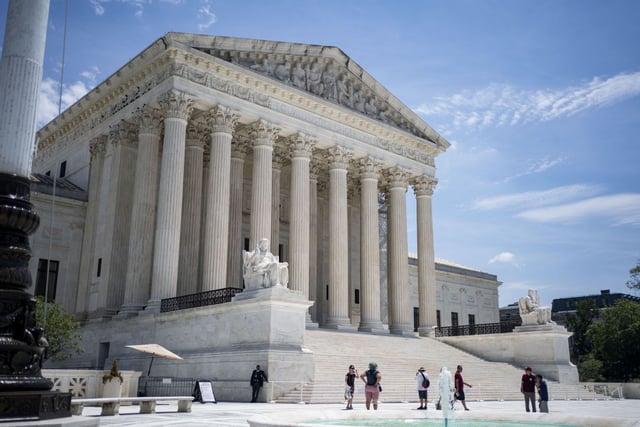Overview
- In a 2017 predawn raid, an FBI SWAT team mistakenly stormed Curtrina Martin and Toi Cliatt’s Atlanta home, deploying a flash-bang grenade, handcuffing the couple and terrifying their 7-year-old son.
- Martin and Cliatt sued under the Federal Tort Claims Act, but a district court and the 11th Circuit dismissed their case under the FTCA’s discretionary-function exception and the Constitution’s Supremacy Clause.
- Justice Neil Gorsuch’s opinion clarified that the FTCA’s law-enforcement proviso does not override other immunity provisions and that the Supremacy Clause cannot bar FTCA claims against federal agents.
- The justices unanimously vacated the appeals court’s decision and remanded the case to the 11th Circuit to reassess whether discretionary-function immunity applies and whether a private individual would be liable under Georgia law.
- In a concurrence joined by Justice Ketanji Brown Jackson, Justice Sonia Sotomayor argued that the discretionary-function exception likely does not shield the agents’ conduct in this wrong-house raid.



